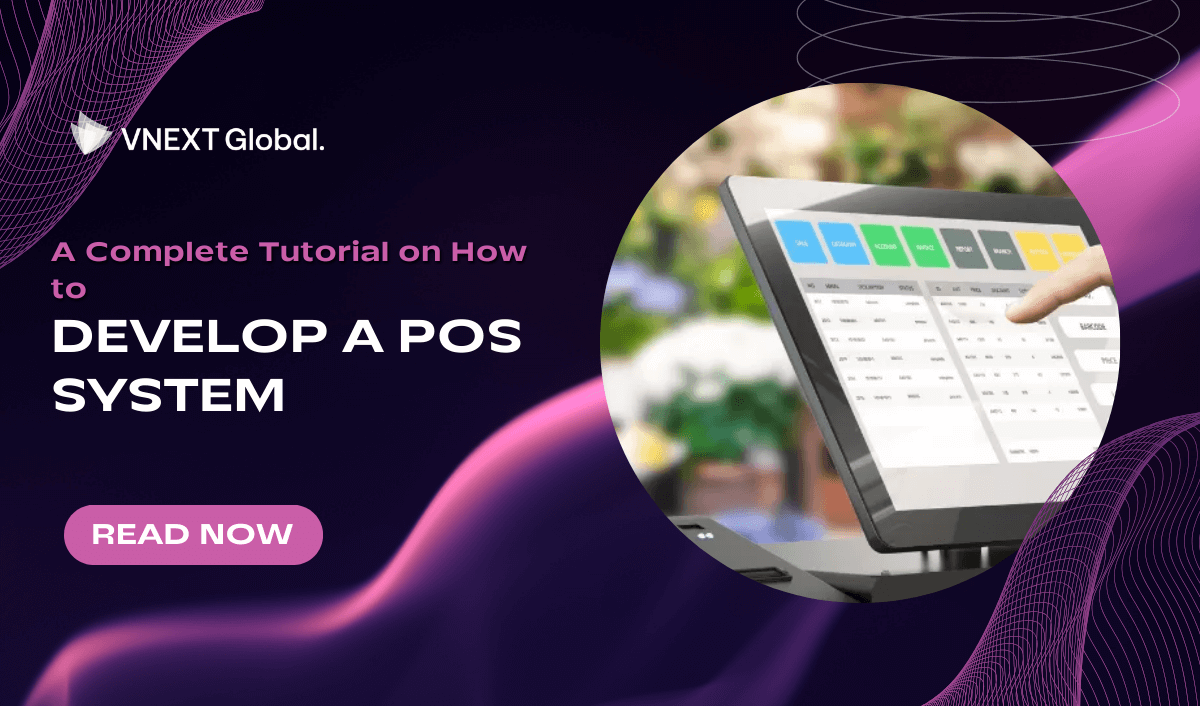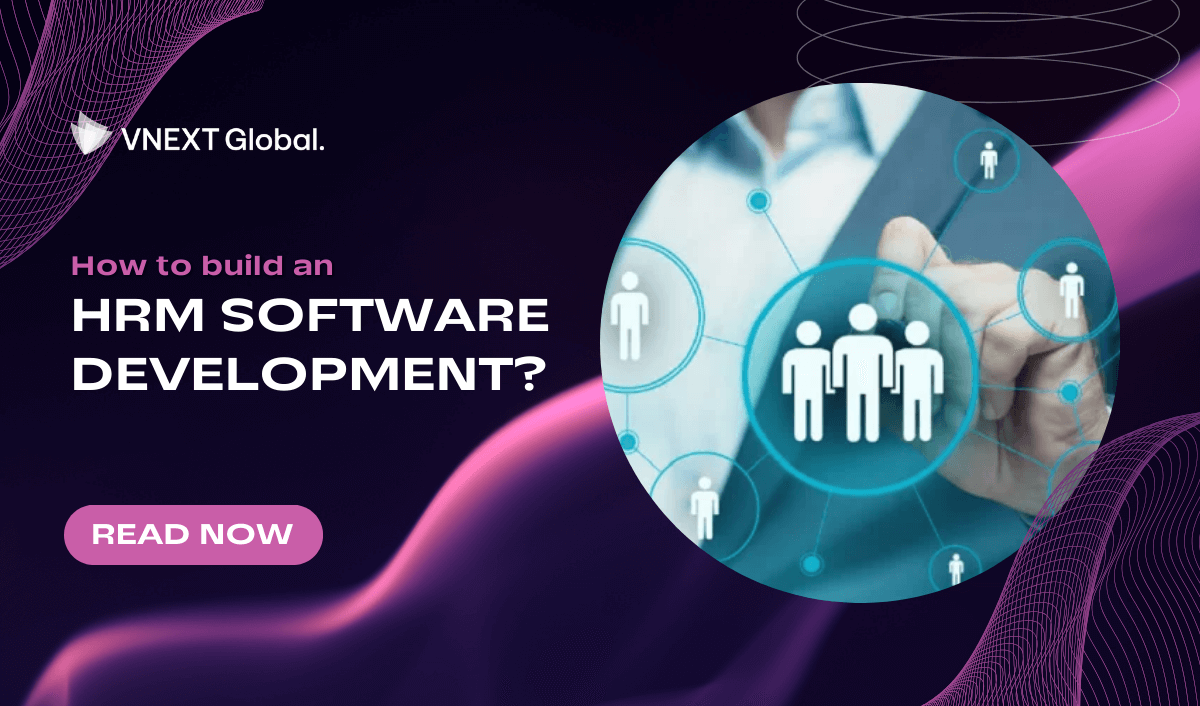The Future of Information Technology in Healthcare 2023
The application of Information Technology in Healthcare is becoming more crucial than ever, especially in the post-pandemic period. It brings significant benefits like reducing costs, increasing operation efficiency, improving quality and focusing on their core competencies.
In this article, VNEXT Global would reveal the future of IT in healthcare and show tips for organizations to IT healthcare outsourcing.
1. Definition of Information Technology in Healthcare
Information technology in healthcare is the use of electronic systems and tools to store, share, and analyze health information. It can help improve the quality, efficiency, safety, and accessibility of healthcare services, as well as reduce costs and errors. Information technology in healthcare includes categories such as electronic health records, e-prescriptions, telemedicine, mobile health applications, artificial intelligence, and personalized medicine.
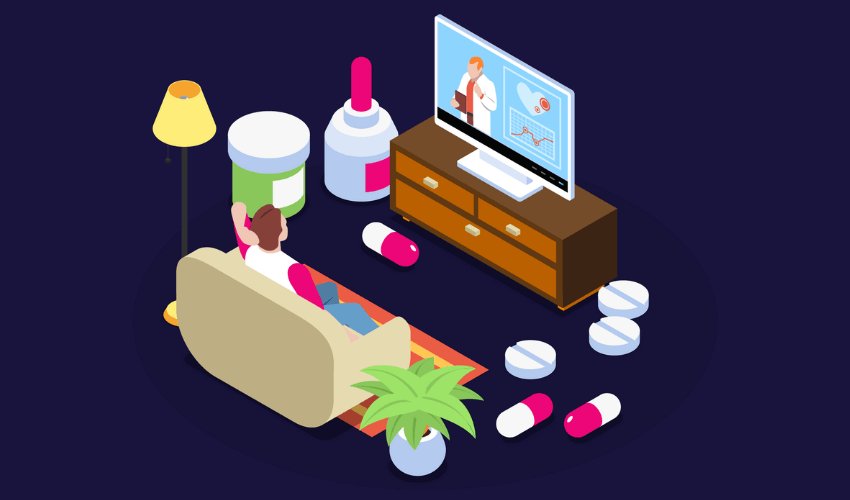
2. A brief history of Information Technology in Healthcare
The history of information technology in healthcare can be traced back to the 1960s when computers were first used to automate manual processes and store medical records.
In 1965, Medicare and Medicaid were first introduced, which increased the demand for accurate and standardized record keeping. Averagely, after each 10 years, there would be an innovation in healthcare information technology, such as a computerized physician ordering system for El Camino Hospital in California (1971), the use of electronic health records (EHRs) (1980s), 3D printing (1990s), popular EHRs, IoT, AI, blockchain (2000s).
Information technology in healthcare has evolved from a tool to assist clinicians and administrators to a driver of innovation and transformation in the health sector. It has improved the quality, efficiency, and accessibility of health services, as well as reduced costs, errors, and risks.
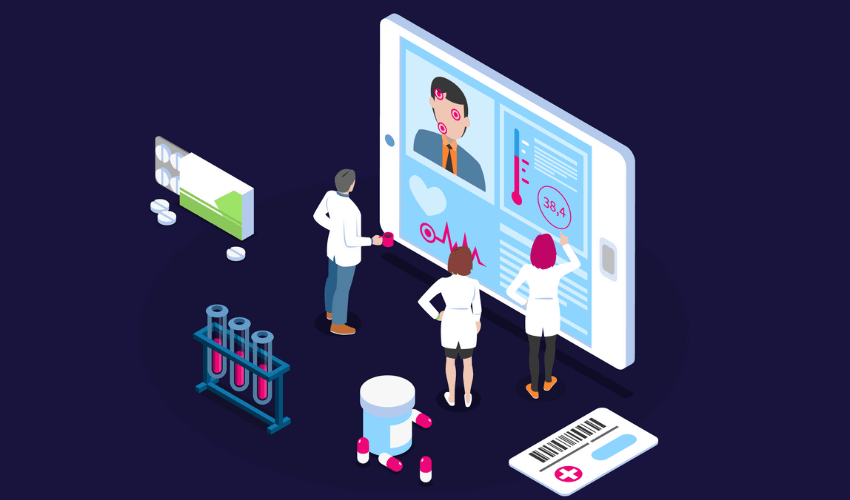
3. Top trends in IT in healthcare for 2023
• Telehealth, also known as telemedicine, is the delivery of healthcare services remotely via video, phone, or online platforms. Telehealth can increase access to care for patients who live in rural areas, have mobility issues, or face other barriers to visiting a healthcare facility. It can also reduce the risk of infection transmission, save travel time and costs, and improve patient satisfaction and outcomes.
• Cloud computing for outsourced billing, which is the use of internet-based services to store, process, and manage data related to healthcare billing and payments. Cloud computing can help healthcare providers reduce operational costs, improve efficiency and accuracy, enhance security and compliance, and scale up or down according to their needs.
• Remote patient monitoring, which is the use of devices or sensors to collect and transmit health data from patients outside of clinical settings, such as their homes or workplaces. Remote patient monitoring can help healthcare providers track patients' vital signs, symptoms, medication adherence, and lifestyle behaviors, as well as provide feedback and interventions.
• Artificial intelligence in healthcare, which is the use of computer systems or algorithms to perform tasks that usually require human intelligence, such as diagnosis, prognosis, treatment recommendation, drug discovery, image analysis, etc. Artificial intelligence can help healthcare providers improve decision-making, enhance productivity and quality, optimize workflows and processes, and foster innovation and research.
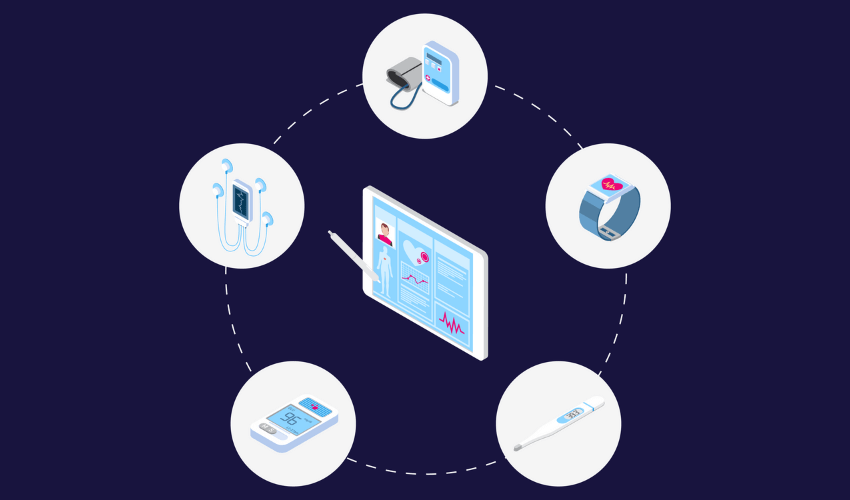
4. Notes for medical companies when applying IT in healthcare
Based on the current trends, drivers of IT in healthcare, the growth of the market is undeniable. And the market size is expected to grow significantly in the coming years.
From the view of medical companies, Choosing a healthcare IT outsourcing is an important decision that can have significant impacts on the quality, efficiency, safety, and accessibility of healthcare services, as well as the cost and risk of healthcare operations. Therefore, organizations should consider various factors when selecting a healthcare IT outsourcing, such as:
• Cloud-Based Aptitude
The future of the healthcare industry is moving toward cloud-based technologies, increasing the importance of IT providers who offer private cloud solutions for managing protected health information (PHI). Cloud computing can help healthcare organizations reduce operational costs, improve efficiency and accuracy, enhance security and compliance, and scale up or down according to their needs.
• Specialized Expertise
Healthcare is a complex and dynamic sector that requires specialized knowledge and skills to address various challenges and opportunities. IT providers with domain expertise in healthcare can offer more customized and effective solutions that meet healthcare organizations' specific needs and goals.
• Innovation Capability
IT providers who have innovation capability can help healthcare organizations leverage new technologies and solutions to create value and a competitive advantage in the market. Organizations should look for IT providers with a culture of innovation and research, invest in emerging technologies such as IoT, AI, blockchain, etc., and collaborate with other industry players to foster innovation ecosystems.
• Customer Service
Healthcare is a service-oriented sector that requires high levels of customer satisfaction and loyalty. IT outsourcing vendors who have customer service excellence can help healthcare organizations deliver better outcomes and experiences for their patients and staff.
• Cost-Effectiveness
Healthcare is a cost-sensitive sector that requires careful management of resources and budgets. Organizations should look for IT providers who offer competitive pricing models, provide value-added services, reduce overheads and risks, and who demonstrate measurable results and benefits.
To conclude, these are some of the factors that organizations should consider when choosing healthcare IT outsourcing. However, each organization may have different priorities and preferences. Therefore, organizations should conduct thorough research and evaluation before making a final decision.
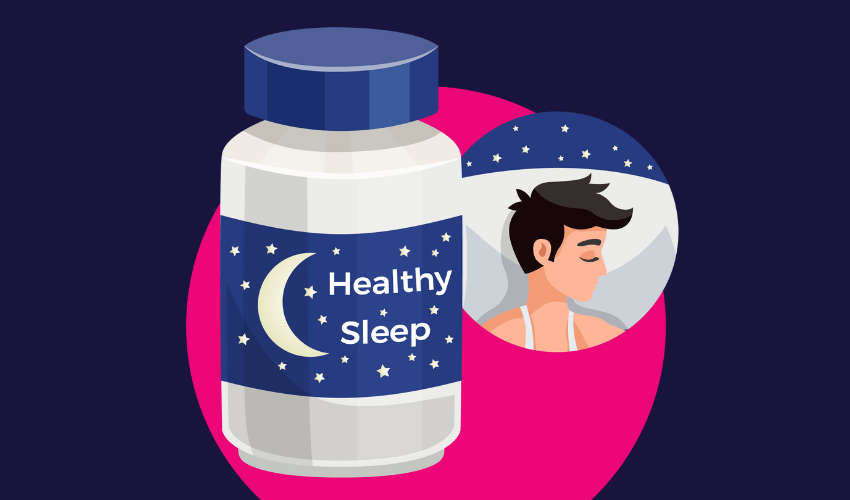
FINAL THOUGHT
If you are looking for a trusted IT partner for information technology in healthcare solutions, VNEXT Global is the ideal choice. With 14+ years of experience, we certainly can help you to optimize your business digitalization within a small budget and a short time. With a customer-centric approach, we provide effective and transparent communication, timely and reliable support. Currently, we have 400+ IT consultants and developers in Healthcare, Mobile App, Web App, System Development, Blockchain Development and Testing Services. We have provided solutions to 600+ projects in several industries for clients worldwide. We are willing to become a companion on your way to success.
Please feel free to drop us an email when it is convenient for you to have an online meeting to discuss this further. Have a productive day!



